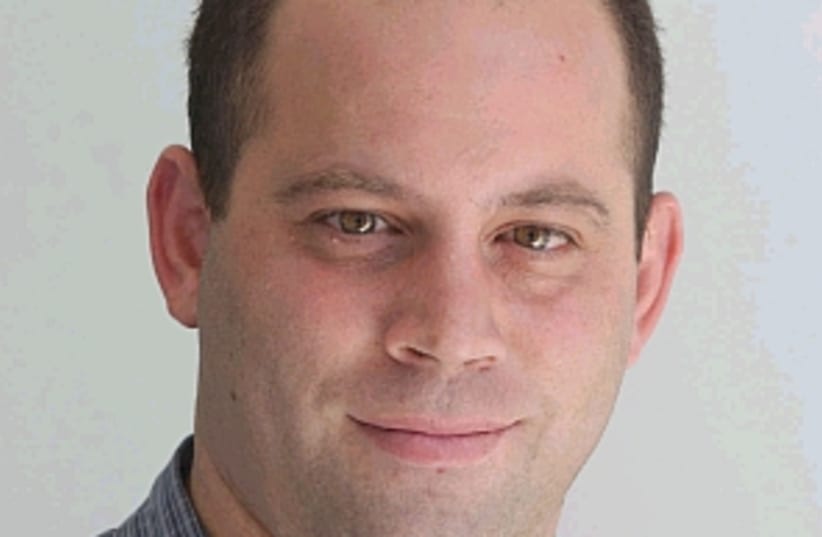| JPOST.COM HIT LIST | |
| JPost.com's most popular articles this past week |
Analysis: Kissing the president's hand
The hope is that appearing before the president will remind politicians that they are not above the state.


| JPOST.COM HIT LIST | |
| JPost.com's most popular articles this past week |